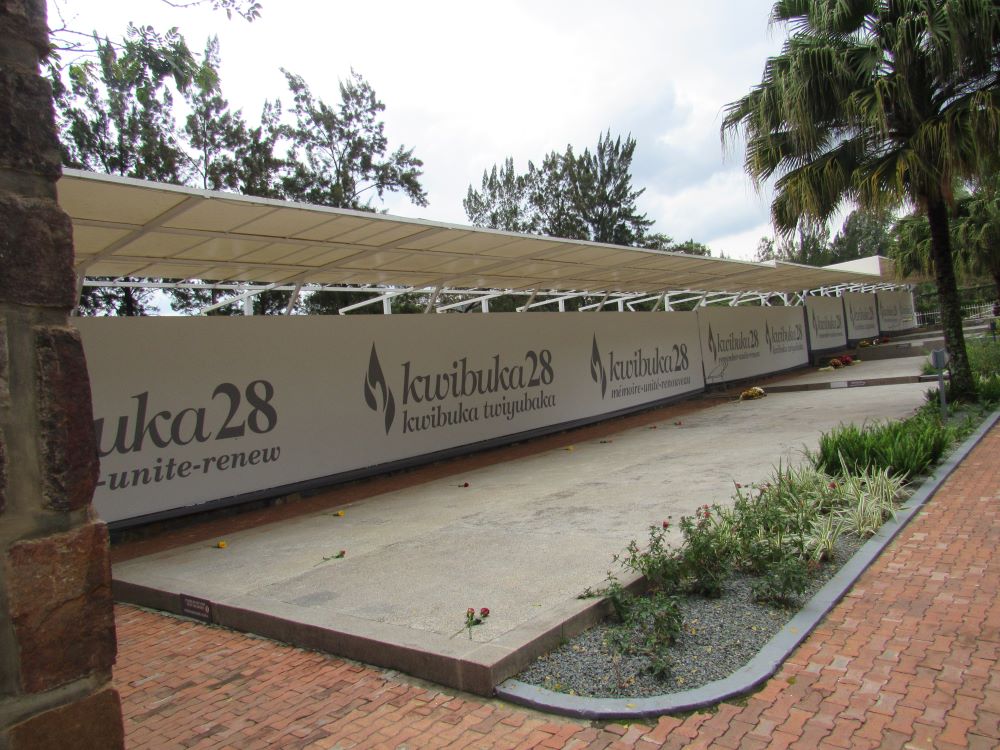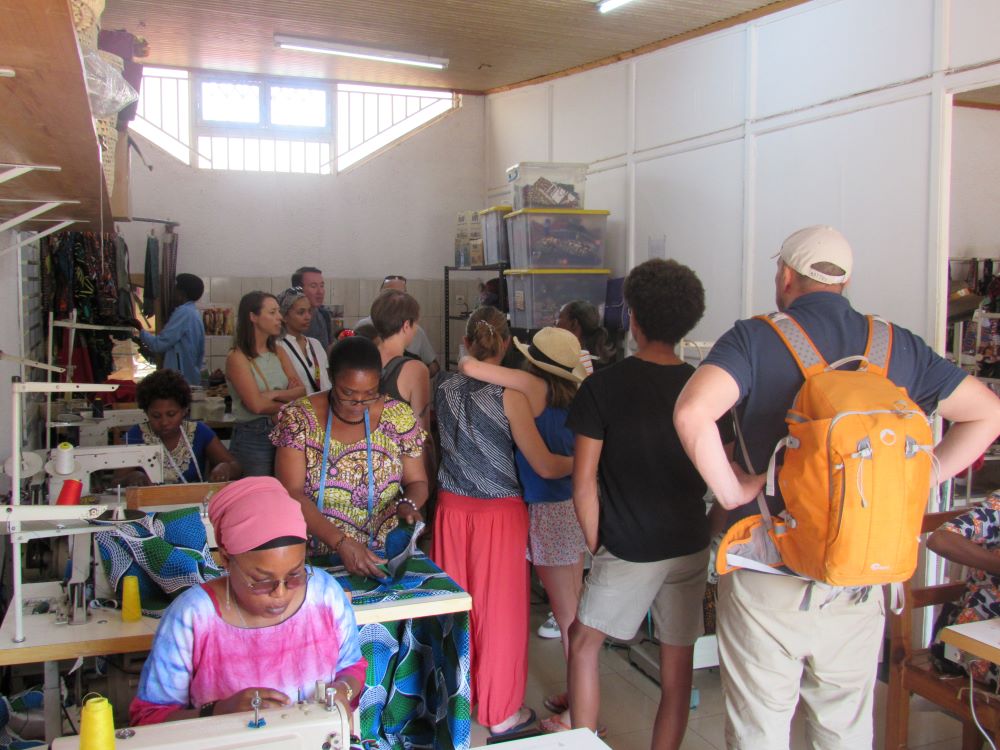A Complete Guide for Parents Planning an African Adventure If you are wondering, “Is Rwanda…

Visit genocide memorials
A visit to Genocide Memorial in Rwanda is a profoundly moving and emotional experience. The genocide memorials honor the victims of the 1994 Genocide against the Tutsi, in which an estimated 1 million tutsis people, were murdered over the course of just 100 days. As Rwanda marks the 31st commemoration of the 1994 genocide against the Tutsi, it is an opportune moment to reflect on the origins of the genocidal ideology, how it was instilled across generations, and ultimately put into practice. The visit also offers a chance to understand the resilience of the Rwandan people as they overcame these atrocities, and to witness the nation’s remarkable transformation into the peaceful country it is today.
Here are some key aspects of what you might experience during a visit:
Located in Kigali, the capital city of Rwanda, this memorial is the largest in the country. The memorial features detailed exhibits that tell the story of the genocide, its causes, and its impact on Rwandan society. There are personal accounts from survivors, photographs, and information about the international response to the crisis. The memorial provides educational programs for visitors, school groups, and organizations to promote understanding and prevent future genocides.
Murambi Genocide Memorial
This site, located in southern Rwanda, is another important place for learning about the genocide. It is the former site of a technical school where over 50,000 people sought refuge but were killed by the perpetrators. The memorial features preserved bodies of victims as a chilling reminder of the horror that took place there.
The Ntarama and Nyamata Genocide Memorials
The Ntarama and Nyamata Genocide Memorials are both significant sites in Rwanda, serving as powerful reminders of the atrocities that occurred and honoring the memory of the victims. Located about 30 kilometers from Kigali, these memorials have a unique and tragic history. Once churches, they became places of refuge for thousands of Tutsi during the genocide. However, the people who sought sanctuary in these places they believed to be sacred were brutally murdered. Today, the memorials preserve the church buildings, with their walls still bearing the scars of the violence. Visitors can also see personal belongings and clothing of the victims, which serve as poignant reminders of the lives lost.
Visit Experience
Guided Tours: When visiting, you may want to take a guided tour. Guides are often survivors of the genocide themselves, and they offer a deeply personal and insightful perspective on the events.
Reflection: Many visitors recommend taking time for quiet reflection, given the gravity of the events that took place.
Respect and Sensitivity: It’s important to approach your visit with a respectful and open mind. The experiences of survivors are deeply personal, and many Rwandans still deal with the aftermath of the genocide.
Post-Genocide Reconciliation and Rwanda’s Transformation
During your visit, you’ll also learn about the efforts that Rwanda has made toward reconciliation and rebuilding. The country has made remarkable progress in healing its divisions, promoting unity, and focusing on economic development. Bugesera Reconciliation Village is a testament of the country’s efforts to heal and promote reconciliation after the 1994 Rwandan Genocide against the Tutsi. The village is part of Rwanda’s broader reconciliation efforts, which aim to bring together communities that were once divided by the ethnic divisions that led to the genocide.
Tips for Visiting:
The Rwanda Genocide Memorials stand as powerful places of remembrance, reflection, and education. They not only honor the victims of the 1994 genocide against the Tutsi but also serve as a call for peace, reconciliation, and the prevention of future atrocities. Visiting one of the memorials across the country offers a deeply moving experience for those who wish to learn about Rwanda’s history and pay tribute to those who lost their lives.
At Unique Rwanda Vacation Experts, we are dedicated to helping visitors understand the full story of the genocide and Rwanda’s remarkable journey of recovery and development. Whether you’re currently in Rwanda or planning a visit, our experienced team is here to help you organize a meaningful tour of the memorials ensuring you gain insight into the past and the path the nation has taken toward healing and hope.



